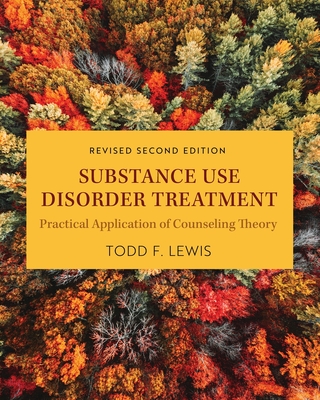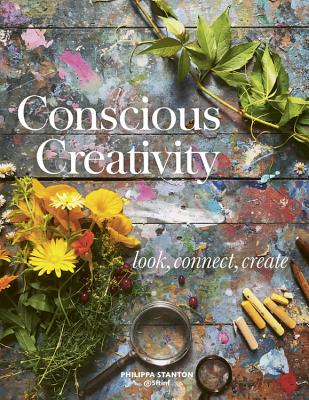
Lewis, Todd F.
Part I of the text reviews essential information related to substance use disorder treatment, including the models of substance use, ethical issues, assessment, and diagnosis. In Parts II and III, each chapter introduces a major counseling theory, applies the theory to substance use disorder counseling, and reviews its strengths, limitations, and ethical issues. Readers develop a solid knowledge base of substance use disorder counseling, learn how to effectively intervene during sessions with clients, and develop an understanding of how to create and implement plans in support of those struggling with this condition.
The second edition features new research on the correlation between neuroscience and substance use disorders, as well as updates throughout the text to align with the DSM-5. It includes fresh information on motivational interviewing - including updated terminology - and an expanded discussion of cognitive-behavior therapy models, and theoretical integration. New or updated references and research bring the second edition up-to-date.
Easy to read, compassionate, and essential, Substance Use Disorder Treatment is an ideal guide for courses in substance use disorder counseling. It is also a valuable reference for practicing counselors and those in the helping professions.
member goods
listens & views

START PRECIOUS BALLADS / VARIOUS ...
by START PRECIOUS BALLADS / VARIOUS (JPN)
COMPACT DISCout of stock
$22.99






